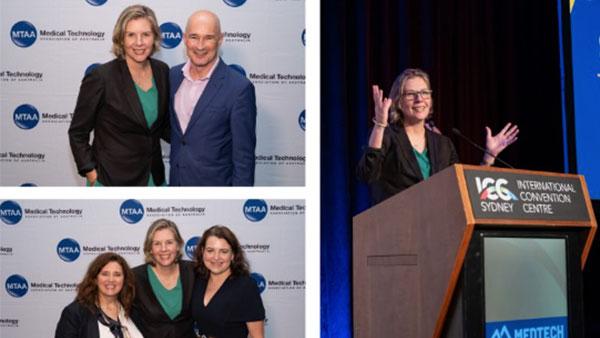Private Health Insurers Make Bank, Cry Poor
Data published today by the Australian Prudential Regulation Authority (APRA) reveals the corporate health insurance industry have continued to rake in hundreds of millions of dollars more into their coffers, while continuing to cry poor to policymakers.
The Medical Technology Association of Australia (MTAA) has slammed corporate health insurers, calling out in particular their lobby group Private Healthcare Australia, for their continued campaign to squeeze doctors, hospitals and the medical technology (MedTech) community, blaming them as the sole causes of increasing premiums, all the while insurance companies have been making stellar windfalls.
APRA has revealed that insurers’ premium revenue has once again climbed by $464 million, up 1.8% over the 12 months to December 2022. This data comes as insurers also continue to pay themselves ever increasing management expenses to the sum of $2.7 billion, up 9.2% from December 2021.
MTAA CEO, Ian Burgess, said corporate insurers have no ground to stand on when claiming their premium hikes were attributable to other factors like medical device benefits.
“It is clear, in black and white, that insurers have the capacity to help drive premiums down by cutting back on their own ‘management expenses’, corporate perks and executive bonuses. It is unacceptable that, while everyday Australians are struggling with the cost-of-living crisis, the corporate health insurance industry is flying sky-high on the backs of their customers,” Mr Burgess said.
“It’s time for policymakers to look seriously at corporate health insurers and reign in their questionable financial practices, particularly the fact insurers are continuing to hold on to $1.6 billion in ‘Deferred Claims Liabilities’. That is $1.6 billion of their customers money they’ve been holding onto since the Covid-19 pandemic suspended elective surgeries – money that Australian families need back in their pockets.”
MTAA is calling on policyholders to adopt the AMA’s proposal to establish an independent private health authority to review the financial practices of corporate health insurers, review rebates and caps on premiums, and look at a whole-of-industry reform that doesn’t simply focus on squeezing doctors, hospitals and MedTech.
